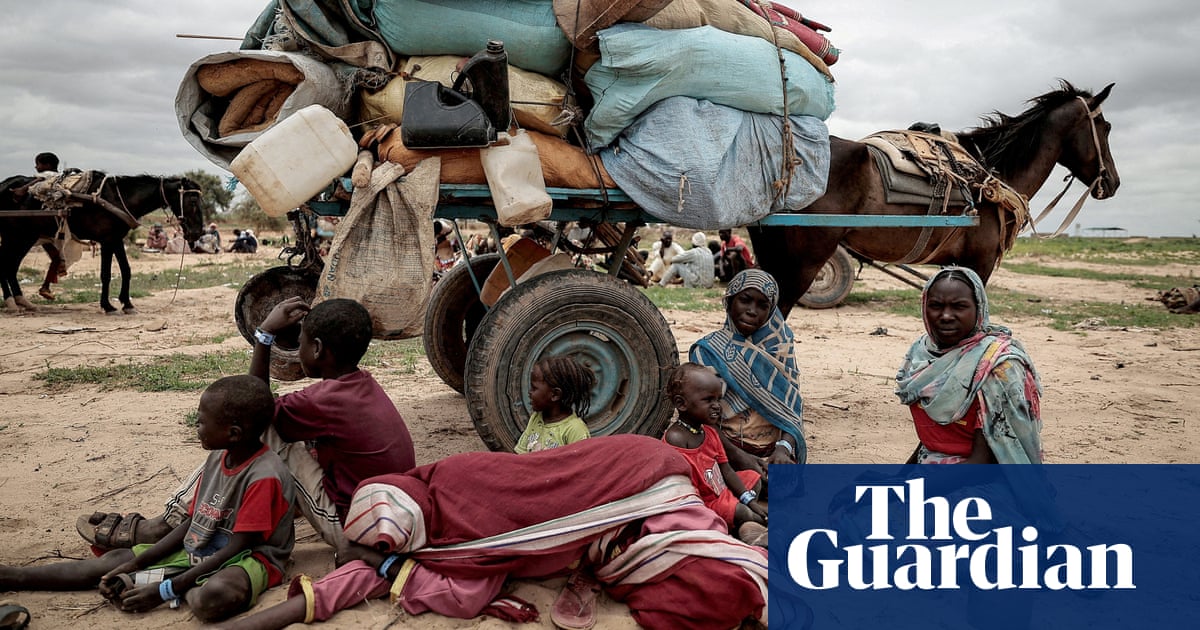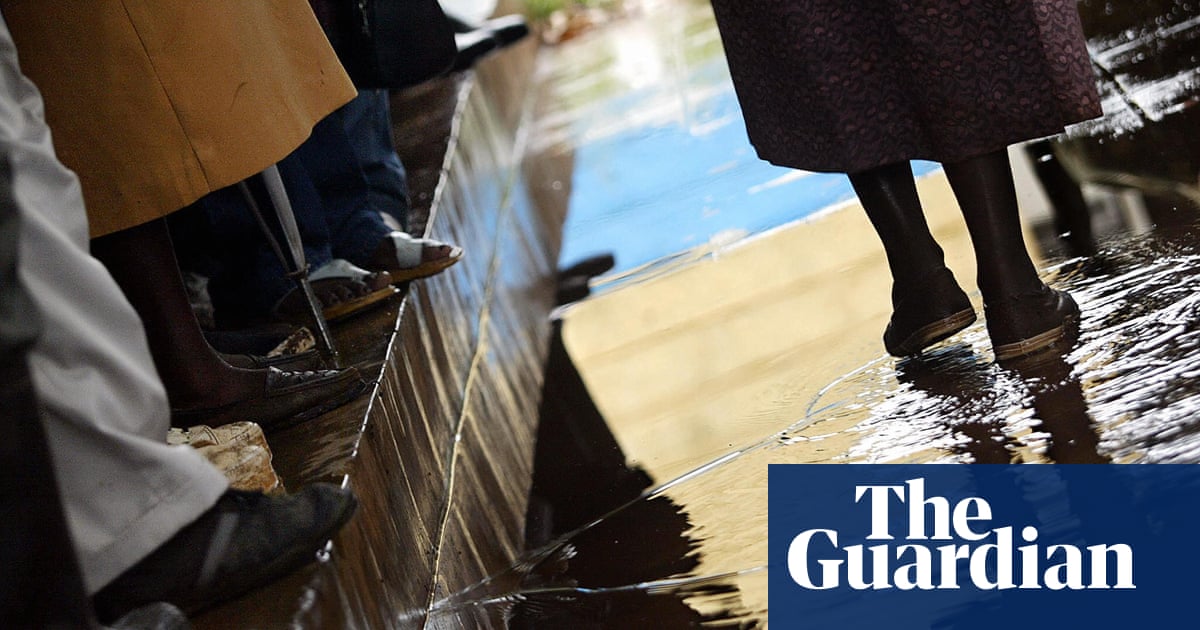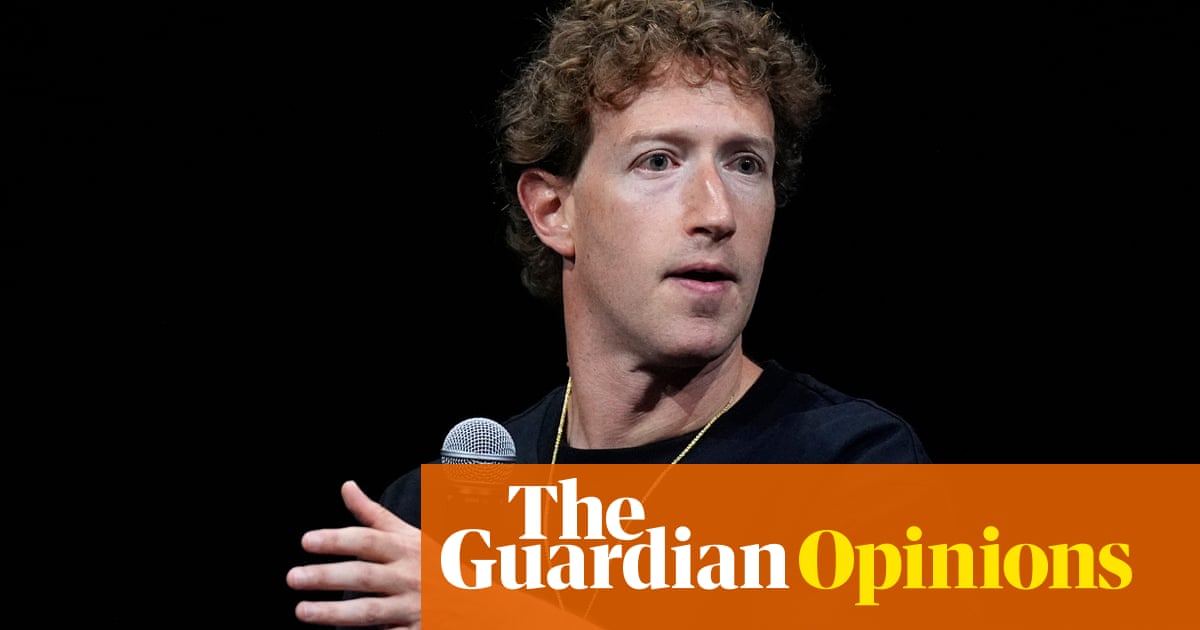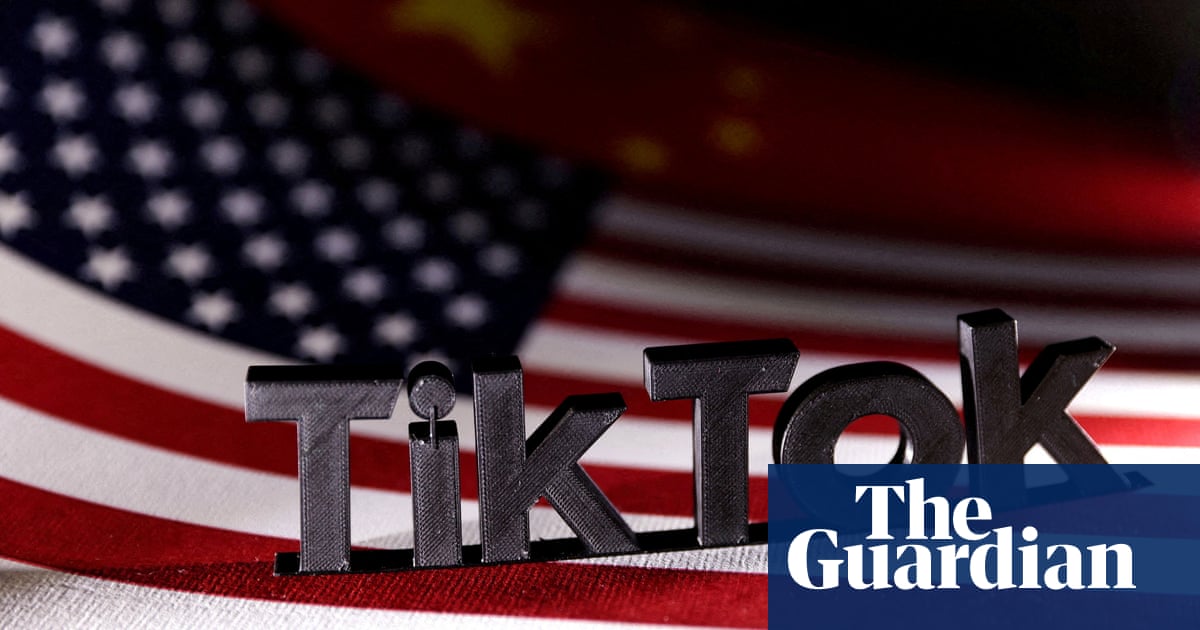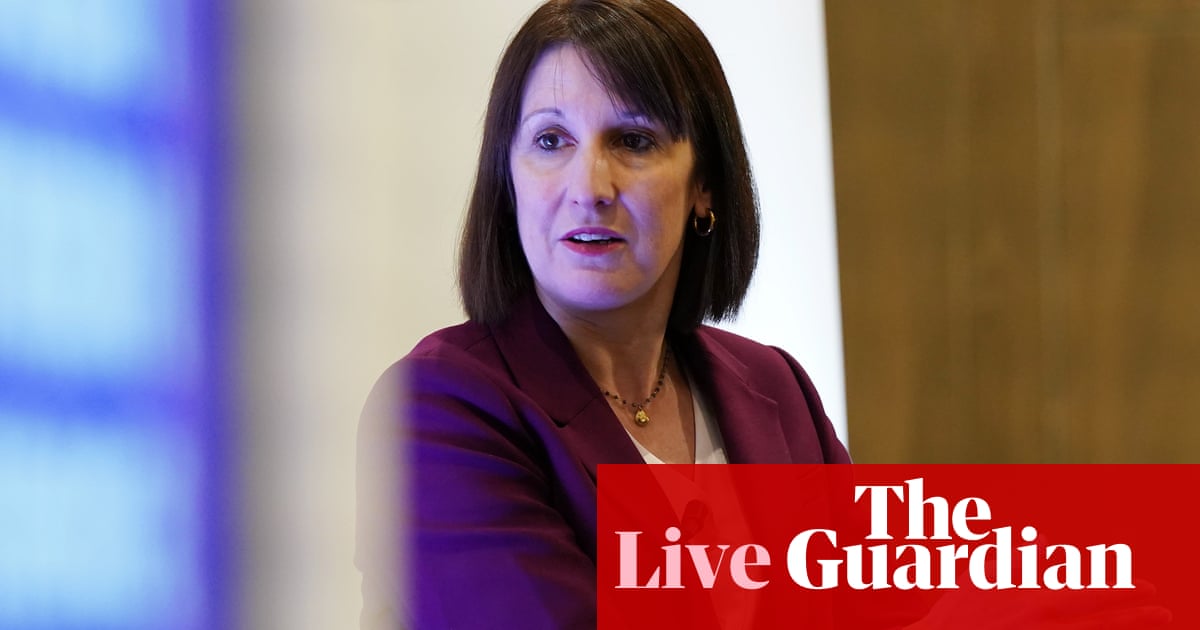Charities have warned of “life-changing consequences” for a million vulnerable children and adults as a result of cuts to state-funded disability services driven by tax changes and wage rises announced in the budget.
The Voluntary Organisations Disability Group (VODG), which represents 100 charities in England, said Rachel Reeves’s decision to raise employers’ national insurance contributions (NICs) had been “ill thought through” and would put many local charity services at risk.
The warning came amid Guardian reports that the government is to offer a financial lifeline to protect hospice charities, who had said the rise in NICs would cost them £30m a year and lead to end-of-life services being cut or even closing.
VODG, which represents household names like Mencap and Sense as well as scores of smaller disability charities, said the NICs and national minimum wage increases would leave many members having to cut back on staff and services.
The quality of services for disabled people who are being supported to live independent lives would be reduced, it said. Many disability charities would be forced to hand contracts back to local authorities because services they provide could not be delivered safely on the funding available.
“Social care is designed to protect the most vulnerable members of our community, and this Labour government is letting them down,” said the VODG chief executive, Rhidian Hughes.
Voluntary sector providers of public services, who unlike the NHS and local authorities are not protected from the impact of the NICs rise, and unlike private companies cannot pass costs on to consumers, say they are increasingly alarmed at the impact of the extra costs on their financial viability.
The National Council for Voluntary Organisations, which met the minister for civil society, Stephanie Peacock, last week to discuss the crisis, said more than 7,000 of its member charities had now signed an open letter to the government warning of the “dire situation” facing the voluntary sector as a result of rising costs.
While the Treasury has so far been adamant it cannot exempt charities and private businesses from NICs rises, the prospect of an exemption for voluntary hospices has given fresh hope to the charity sector that a broader agreement can be reached.
The sector sees the national insurance rises as the third financial disaster to hit it in the past five years, after Covid and the cost of living crisis. It believes failure to address it could sour attempts to establish what Keir Starmer, the prime minister, earlier this year called a “renewed social contract” with charities.
The charity sector employs 1 million people and delivers about £17bn of services a year in areas such as social care, addiction, health, homelessness and hospice care. Charities estimate they face an extra bill of £1.4bn as a result of the changes.
after newsletter promotion
Separately, more than 100 homelessness charities, including Crisis and St Mungo’s, delivered an open letter to Reeves, the chancellor, on Monday warning the NICs rises could take up to £60m a year from frontline services such as street outreach, emergency beds and supported housing.
Rick Henderson, the chief executive of Homeless Link, which organised the letter, said he had “rarely seen the sector as angry and frightened” as they were by the planned NICs rise. “It is a very real threat that could impact thousands of people who are currently homeless or threatened with homelessness, leaving them without support,” he said.
A government spokesperson said: “We had to take difficult decisions to fix the foundations of our public services – meaning that we could bolster the health and social care system by an extra £22.6bn and announce £1bn to reduce homelessness.
“Our tax regime for charities, including an exemption from paying business rates, remains one of the most generous in the world and is worth just over £6bn a year to the sector.”

.png) 1 month ago
11
1 month ago
11










